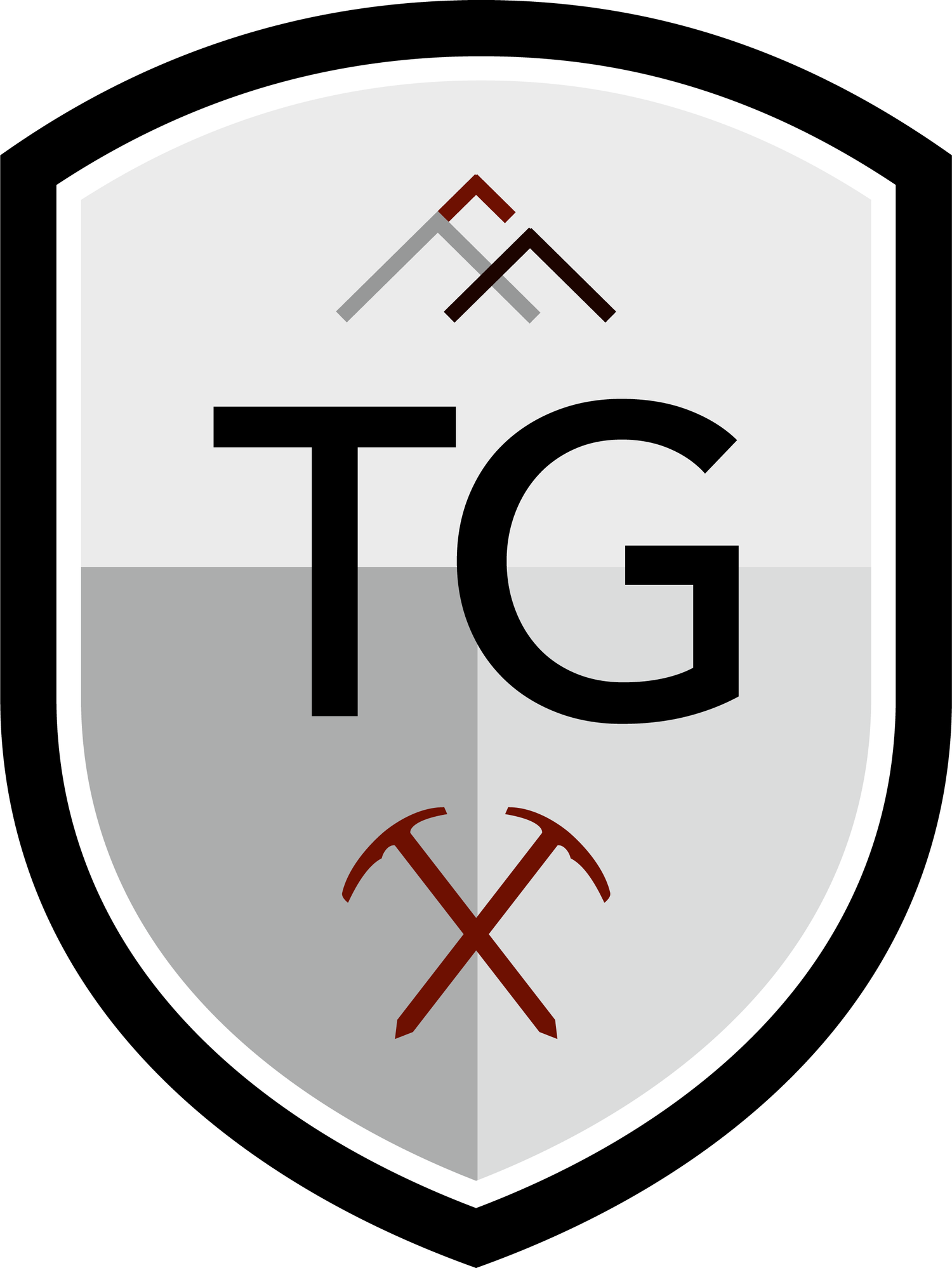
Ski Mountaineering Course
Chamonix, 2025
INTRODUCTION
An intensive five day course covering the fundamentals of ski mountaineering. This course is designed for experienced off-piste skiers and splitboarders who are looking to progress as a mountaineer and gain the skills necessary to explore steeper, more complex, and more remote terrain. Some of the lessons in this course will overlap with those taught in my Winter Alpine Skills Clinic, but this curriculum will focus on what is arguably the most exciting aspect of mountain travel, the downhill part! Ski mountaineering requires a wide skill set, utilizing techniques endemic to alpine skiing, cross-country skiing, alpine climbing, wilderness navigation, and avalanche and weather forecasting. While you don’t have to be an expert in every mountain discipline (except maybe downhill skiing!), you have to be fairly proficient in all of them to move about safely in the backcountry. Avalanche danger is a problem that is particularly acute for the ski mountaineer. In this course we will discuss both mitigation and rescue techniques, but also how to avoid avalanche terrain altogether. Of course while no amount of instruction or experience can eliminate all the objective hazards that exist in the alpine, this course will go a long way towards helping you identify those hazards and employ methods to mitigate them, so you can focus on the fun stuff. A fairly high level of fitness and previous touring experience is mandatory. Some technical skills preferred, but not required. Below is a detailed course syllabus, outlining many of the topics we will discuss, and the various systems/techniques we will practice.
GEAR CONSIDERATIONS
In ski mountaineering weight efficiency is key. Below are the basics. For a more detailed kit list, including one tailored to glacier travel, go here.
Lightweight harness
Lightweight rope
Helmet
Slings
Locking carabiners
Ice axe
Ski crampons
Boot crampons
Backcountry and/or Big Mountain skis/splitboard (with lightweight bindings) that can go the distance and handle variable conditions
AVALANCHE SAFETY AND RESCUE TECHNIQUES
Heuristics
Intuitive Brain vs. Logical Brain
Systems, Checklists, Procedures
Terrain Dangers
Snowpack Considerations
Types of Avalanches
Reading Avalanche Advisories
Golden Travel Rules (including avoiding avalanche terrain altogether when deep persistent slab issues are present)
Safety Gear Checklist
Survival Techniques
Rescue Techniques (grid vs. zig zag vs. line method)
Strategies for Companion and Multiple Burial Rescue
Snowpack Evaluation/Tests
BACKCOUNTRY TRAVEL: NAVIGATION
Navigation Tools (incl. smartphone applications)
Navigation Techniques
Mountain Weather Basics
BACKCOUNTRY TRAVEL: MOVEMENT SKILLS
Skinning: Motion
Skinning: Turning
Skinning: Track Setting
Transitions: Skinning to Skiing; Skiing to Skinning; Skinning to Booting; Snow to Glaciated Terrain; From Unroped to Roped Travel in Glaciated Terrain
Stomping out a Platform (Transitioning to Downhill Skiing from a Rappel or Booting)
STEEP SKIING AND RIDING TECHNIQUES
Modern Steep Skiing (vs. the Jump Turn)
Balanced/Centered Stance Over Skis/Snowboard
Shoulders Facing Downhill
Upper/Lower Body Separation
Doug Coombs’ “Folding Pole Plant”
The Pedal Hop Turn
KNOTS FOR SKI MOUNTAINEERS
Munter Hitch
Clove Hitch
Figure 8 (and Figure 8 on a bight)
Butterfly Knot
Flat Overhand
Stopper Knot
Bowline
ROPE SYSTEMS
Rope Handling
Various Storage and Coiling Methods (incl. Alpine Coils)
The Kiwi Coil
Roped Travel (vs. unroped travel)
Pre-rigging for Glacier Travel
Crevasse Rescue
Self Rescue
Advanced Techniques: Short-Roping (with and without terrain features), Short Pitching, Belayed Climbing
ALPINE ANCHORS
Snow Anchors: T-Anchor; H-Anchor; X- Anchor; I-Anchor; Other
Braced Seated Belay
Hip Belay
Direct Belay vs. Harness Belay
Terrain Belays
Tree Anchors
Rock Anchors (including use of Cams, Nuts, and Pitons)
Ice Anchors (including V-Threads or Abalakov Threads)
Using a V-Thread tool and cordelette (and building an ice anchor without either)
Snow/Ice Bollards
RAPPELLING AND DOWNCLIMBING
Downclimbing
Lowering a Partner
Rappelling
Mulit-Pitch Rappelling
Using Tag Lines (or two ropes)
Rope Considerations
Rappelling without a belay device
Rappelling with Skis On
OTHER TECHNIQUES
Using an Avalanche Probe In Crevassed Terrain
Belaying on a Munter Hitch
Skiing on Belay
Lowering/Rappelling without a Harness and/or Belay Device
Mountain Travel with Boots and Crampons
Ski Cuts for Avalanche Mitigation/Evaluation
Self Rescue Techniques
n
• Introduction
• Gear Considerations
• Avalanche Safety & Rescue Techniques
• Backcountry Travel: Navigation
• Backcountry Travel: Movement Skills
• Steep Skiing and Riding Techniques
• Knots (for Ski Mountaineers)
• Rope Systems
• Alpine Anchors
• Rappelling and Downclimbing
• Other Techniques
Fundamentals of Ski Mountaineering
Course Outline
Images from the 2024 Ski Mountaineering Clinic:
